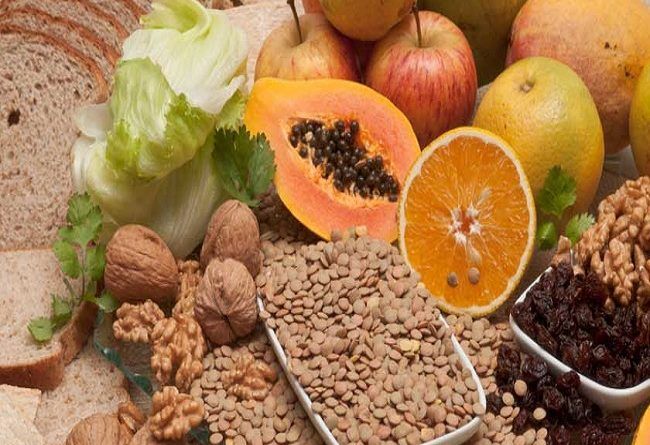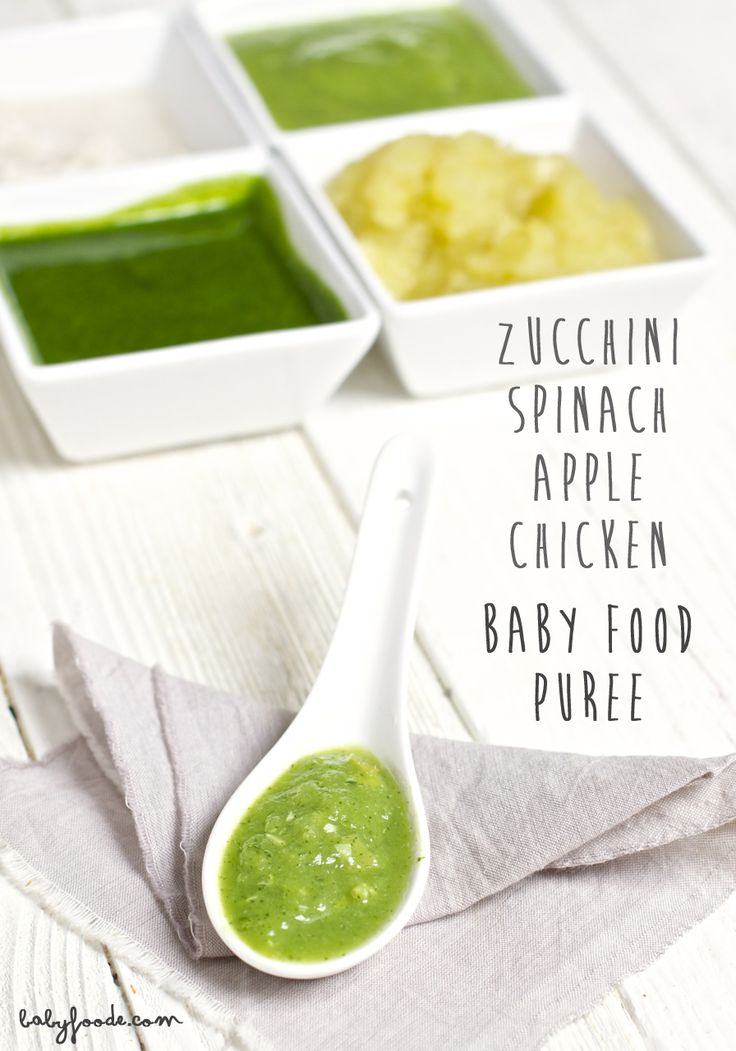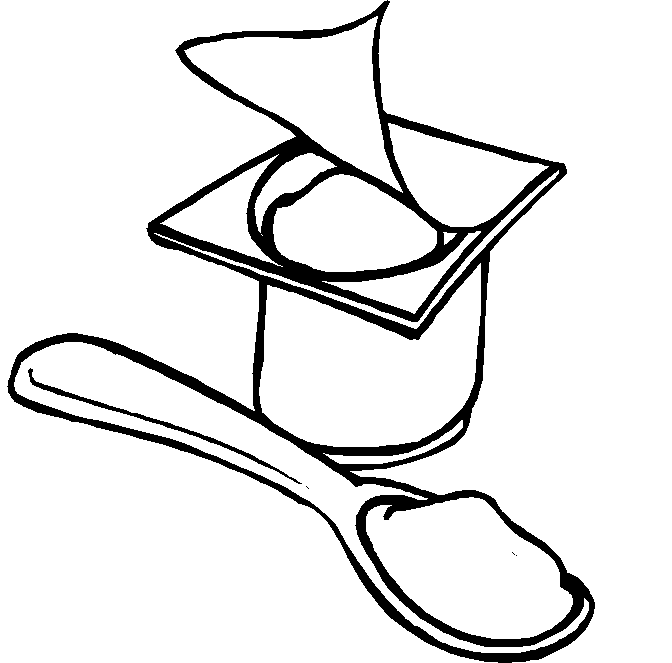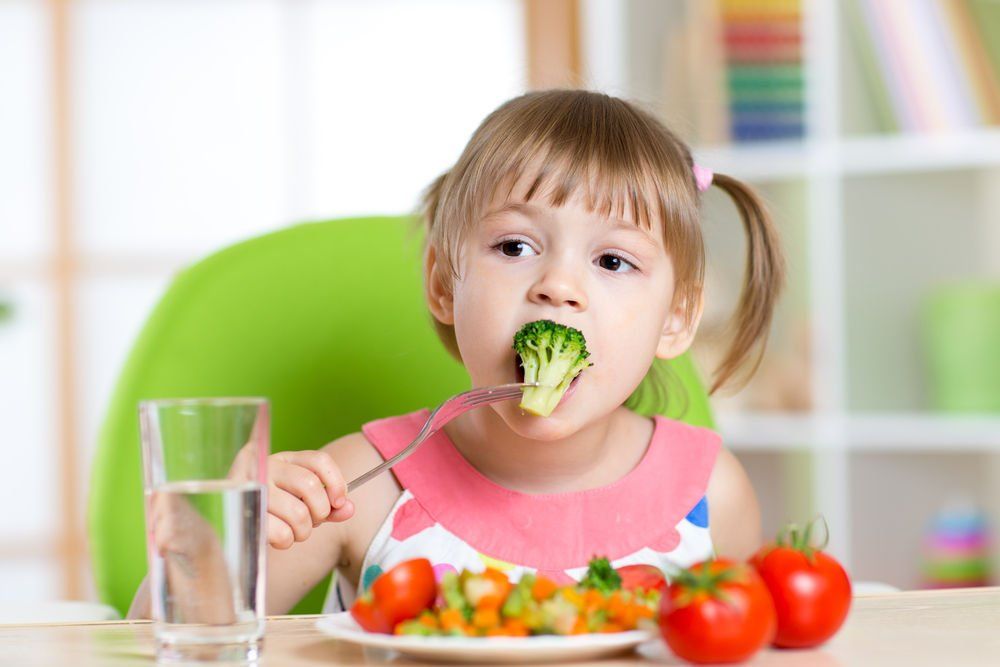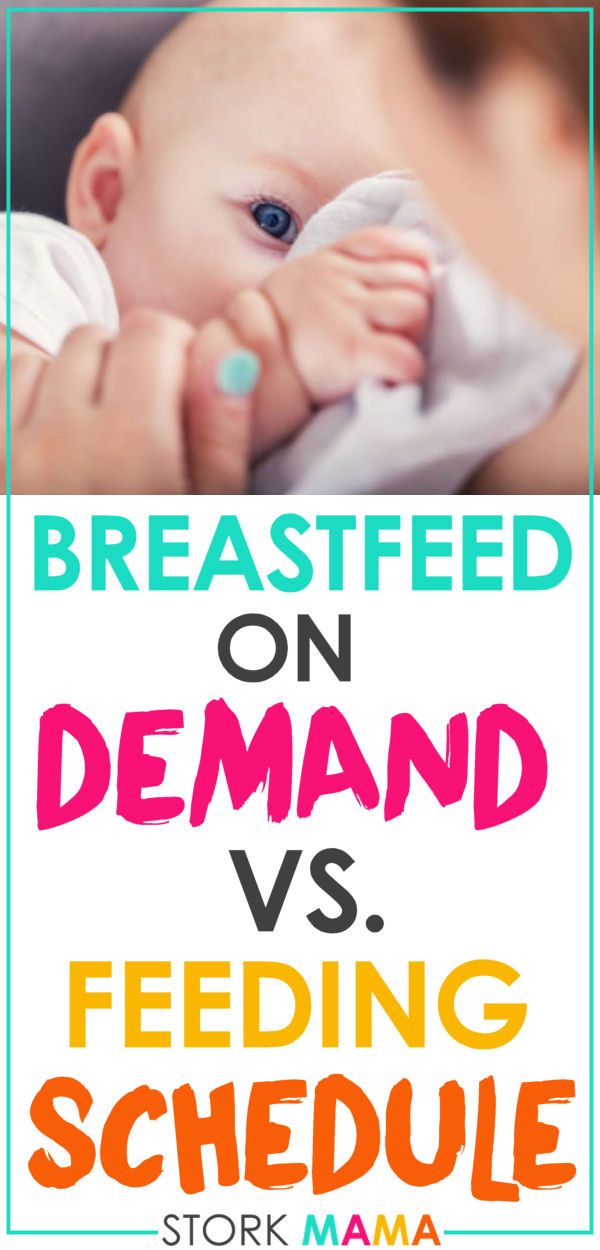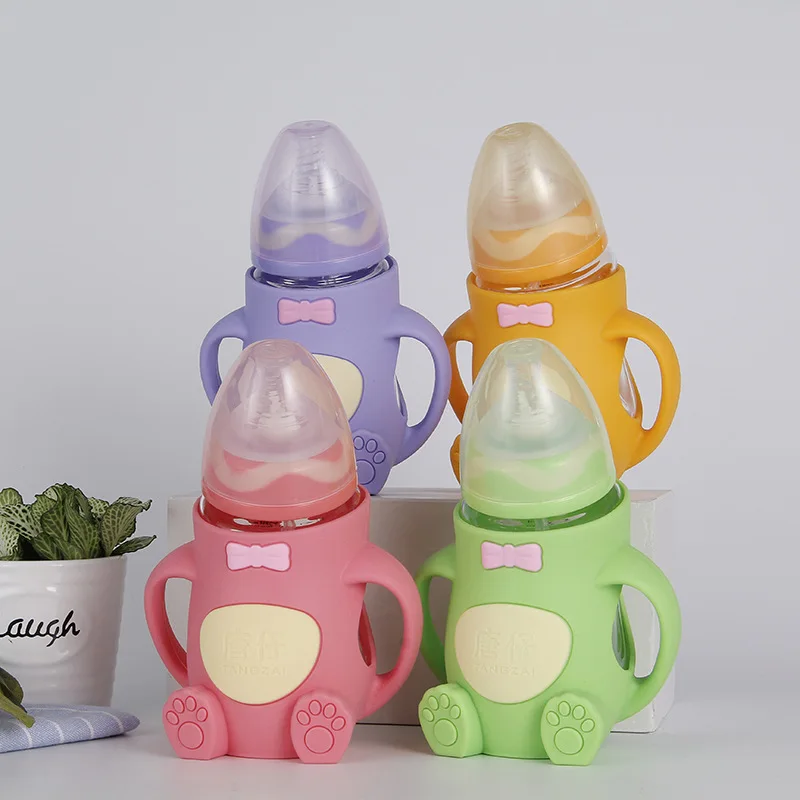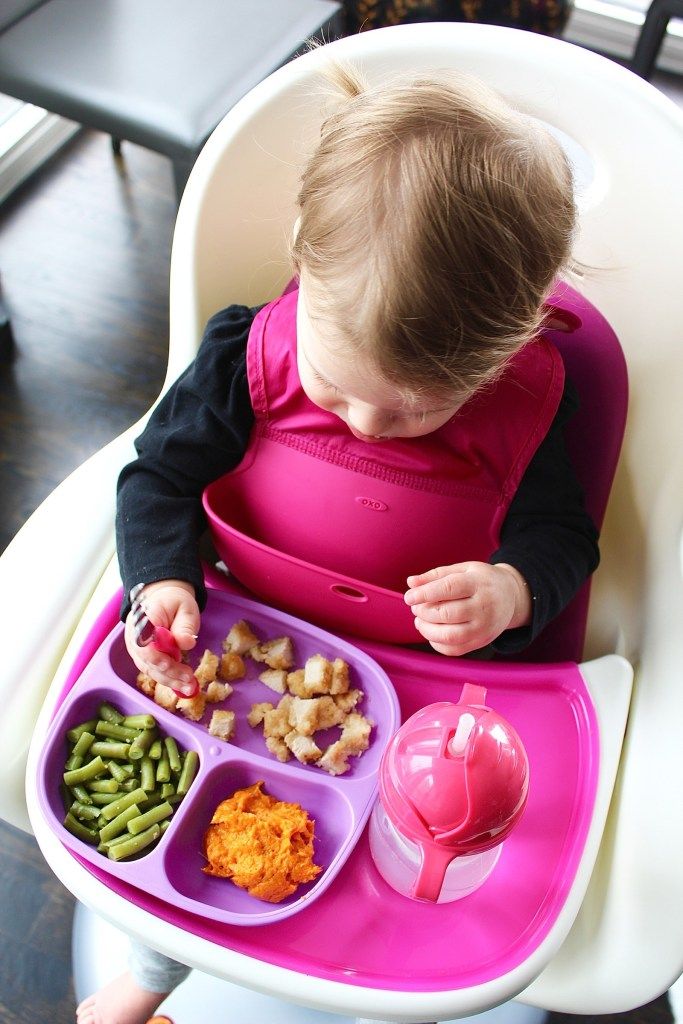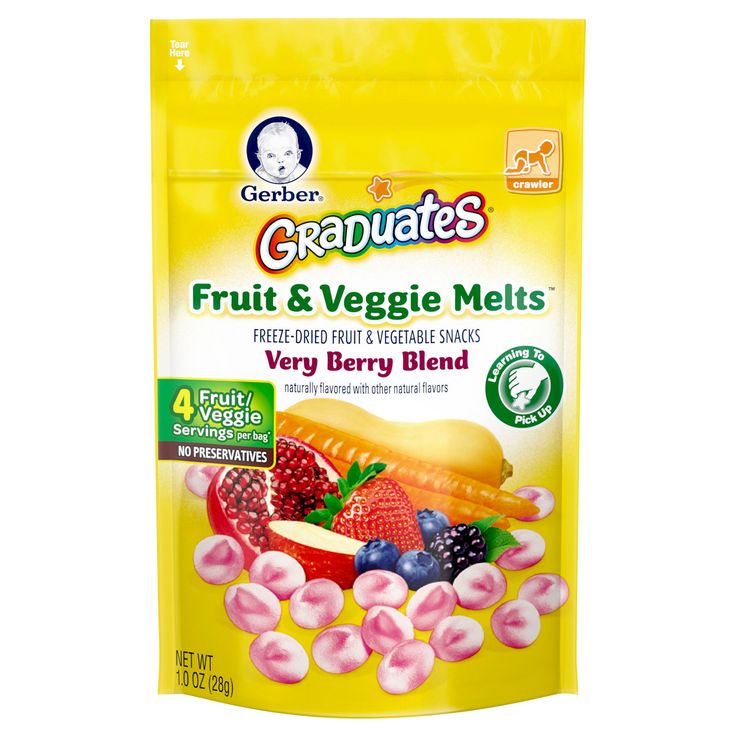Making blueberries for baby food
2-Minute Blueberry Puree for Babies (No Cooking Needed!)
byAmy Palanjian
Updated
Jump to RecipeThis post may contain affiliate links. If you shop from one of our links, we may earn a commission.
Transform fresh or frozen blueberries into a super smooth and flavorful Blueberry Puree for babies, toddlers, and parents to enjoy—all without cooking! Plus: Super simple tips for freezing portions for future use.
Blueberry Puree
Packed with antioxidants and fiber, blueberries are a wonderful food for babies and toddlers—and they are so easy to turn into a simple blueberry puree that doesn’t even require cooking. And: You can make this with fresh or frozen berries, which means that it’s a budget-friendly homemade baby food recipe to make all year long!
TIP: I’ve never had an issue with this not tasting sweet enough, but you will want to use berries that taste good when you sample them.
Ingredients You Need
To make this easy baby food you just need blueberries and water. You can use fresh or frozen berries, depending on the time of year and what you find available in your supermarket. You will also need a blender to be able to make this super smooth.
Step-by-Step Instructions
Here’s a look at the simple process involved in making this baby recipe.
- Add the berries to your blender.
- Blend until very smooth, adding enough liquid to make it easy for the blender to work.
- Store in the fridge or freezer.
TIP: If you want to make this with frozen berries, you’ll need to thaw them first. See the Notes section of the recipe at the bottom for details.
How to Serve Blueberry Puree
You can serve this baby food as is or mix into yogurt, oatmeal, or a smoothie. You can also serve slightly warmed as a sauce for pancakes or waffles for older babies and toddlers (or parents!) and you can mix it with another puree—such as mango or peach or butternut squash—as desired.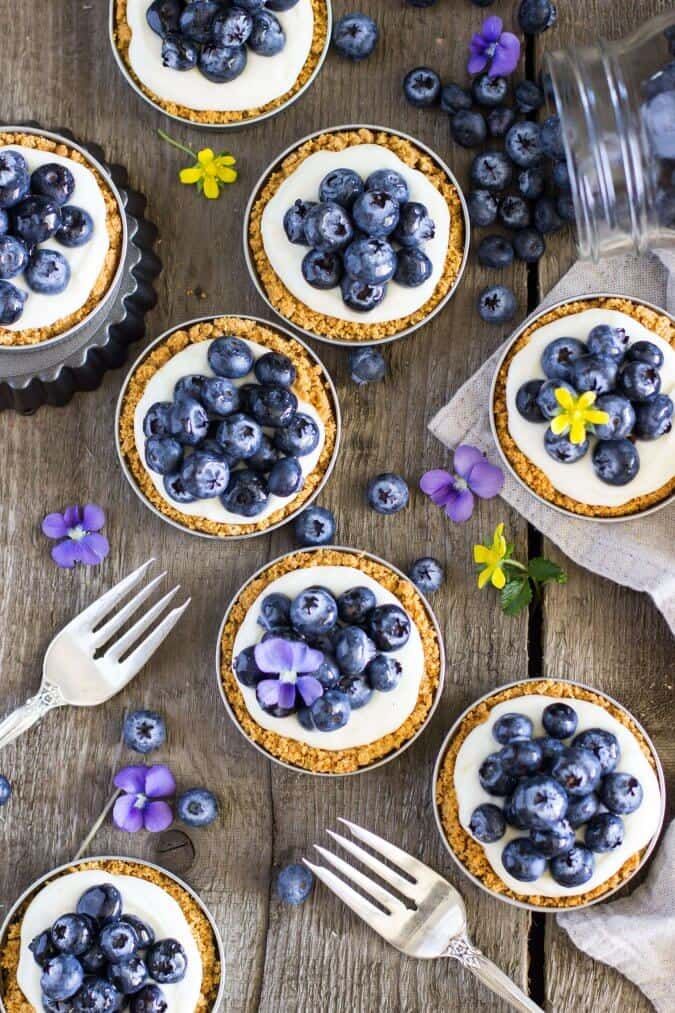
How to Freeze Blueberry Puree
To freeze baby food, portion puree into an ice cube tray and freeze for 4-6 hours or until frozen. Transfer to a freezer storage bag for up to 3 months. To thaw from frozen, place a cube into an airtight container and allow to thaw overnight in the fridge. Freezing some of your batch is a great way to keep it fresh and have easy meals or meal components ready and waiting.
TIP: Find my best information on storing baby food here.
Tips for Making the Best Blueberry Puree
- To do this with frozen blueberries, thaw completely first at room temperature or warm for about a minute in the microwave.
- If the blender has a hard time blending the fruit totally smooth, increase the amount of blueberries to 2 cups.
- To freeze, portion puree into an ice cube tray and freeze for 4-6 hours or until frozen. Transfer to a freezer storage bag for up to 3 months.
- To thaw from frozen, place a cube into an airtight container and allow to thaw overnight in the fridge.
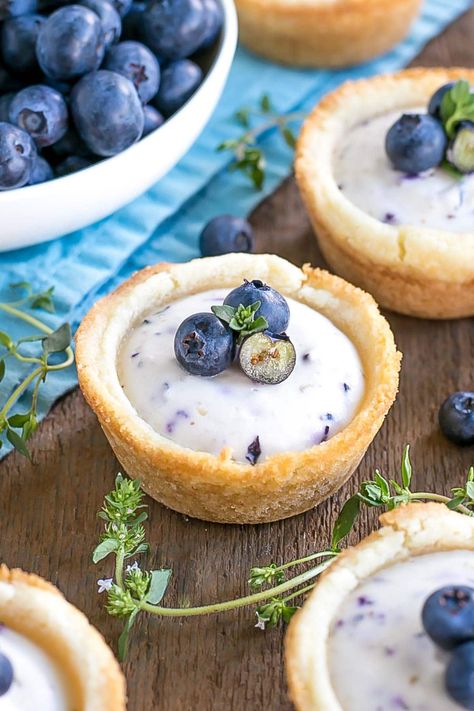
- Blueberry puree will firm up a little as it sits, so simply stir it before serving.
- Serve as is or mix into yogurt, oatmeal, or a smoothie. You can also serve slightly warmed as a sauce for pancakes or waffles.
- Mix it with another puree as desired. Try it with Sweet Potato Puree, Baby Rice Cereal, or Mango Puree.
- See more of my favorite baby food combinations here.
I’d love to hear what you think of this recipe, so please comment below to share feedback!
Prep Time 5 minutes
Cook Time 0 minutes
Total Time 5 minutes
Author Amy Palanjian
Cuisine American
Course Baby Food
Calories 14kcal
Servings 6
- ▢ 1 cup blueberries
- ▢ 1/4-1/2 cup water
Add blueberries to a blender.
Add ¼ cup water and blend, adding more water as desired to make a thin puree.
Serve or store in an airtight container for 3-5 days in the fridge, or up to 3 months in the freezer.
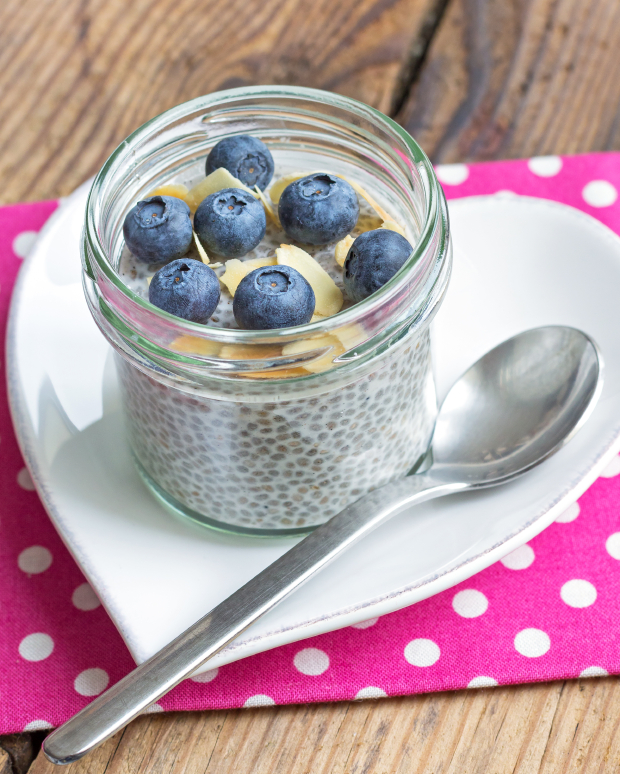
Vitamix Blender
Silicone Ice Cube Tray
Reusable Pouch
- To do this with frozen blueberries, thaw completely first at room temperature or warm for about a minute in the microwave.
- If the blender has a hard time blending the fruit totally smooth, increase the amount of blueberries to 2 cups.
- To freeze, portion puree into an ice cube tray and freeze for 4-6 hours or until frozen. Transfer to a freezer storage bag for up to 3 months.
- To thaw from frozen, place a cube into an airtight container and allow to thaw overnight in the fridge.
- Blueberry puree will firm up a little as it sits, so simply stir it before serving.
- Serve as is or mix into yogurt, oatmeal, or a smoothie. You can also serve slightly warmed as a sauce for pancakes or waffles.
Calories: 14kcal, Carbohydrates: 4g, Protein: 1g, Fat: 1g, Saturated Fat: 1g, Polyunsaturated Fat: 1g, Monounsaturated Fat: 1g, Sodium: 1mg, Potassium: 19mg, Fiber: 1g, Sugar: 2g, Vitamin A: 13IU, Vitamin C: 2mg, Calcium: 2mg, Iron: 1mg
Tried this recipe?Rate in the comments and tag @yummytoddlerfood on IG!
Related Posts
Related Products
Happy Family Meals (Meal Plans)
Buy Now
Happy Family Meals (Vol 2)
Buy Now
Yummy Toddler Snacks
Buy Now
Yummy Baby Food
Buy Now
Share it with the world
FacebookTweetPinFiled Under
Blueberries for Baby - Purees or BLW (10 easy recipes)
Learn how to prepare blueberries for baby in 10 delicious and easy ways! As yummy superfoods, blueberries are a great first food for babies 4-6 months and up.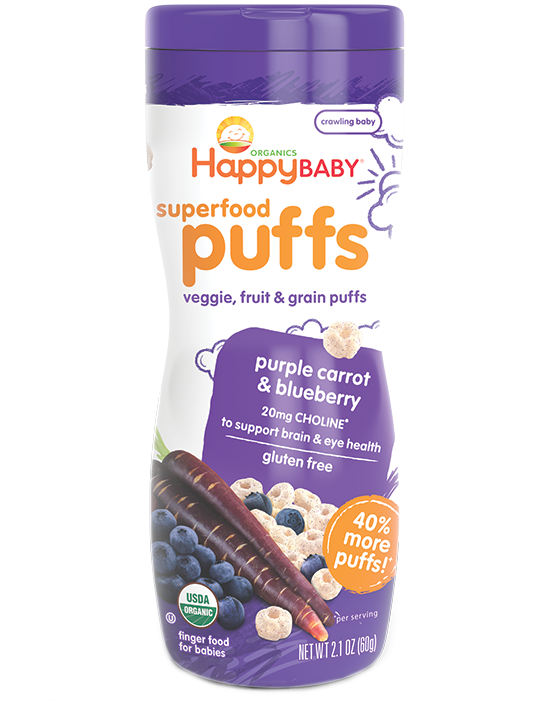 Serve them as a baby food puree, solid food for the finger food stage, or baby-led weaning.
Serve them as a baby food puree, solid food for the finger food stage, or baby-led weaning.
Medically reviewed and co-written by Jamie Johnson, Registered Dietitian Nutritionist (RDN), and Lauren Braaten, Pediatric Occupational Therapist (OT).
Blueberry Baby FoodDo you want to serve blueberries 🫐 to your baby, but not sure where to start?
Then this guide is for you! It is loaded with everything you need to know about how, when, and why to serve blueberries to your little one.
First time making homemade baby food? Then, I would suggest that you start by reading my very in-depth Guide on how to Make Homemade Baby Food – which goes over all the important information such as the best cooking tools to have on hand, safe storage, how to know when baby is ready for solids, how to introduce purees, the best first foods for baby, and more! If you are doing Baby-Led Weaning, then be sure to check out my Complete Guide to Baby-Led Weaning – which covers what exactly is baby-led weaning, to every parent’s concern of baby-led weaning and choking, this guide goes over it all.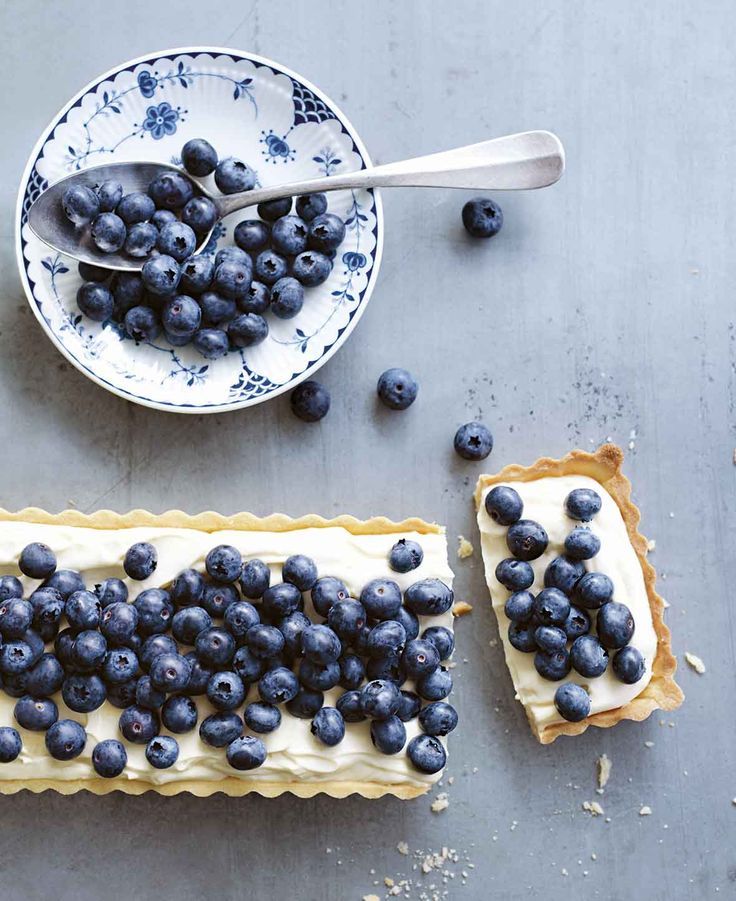 I will also share how to know when baby is ready for BLW, the top 10 best first foods, a helpful sample blw feeding schedule, helpful tools to have on hand, and much much more!
I will also share how to know when baby is ready for BLW, the top 10 best first foods, a helpful sample blw feeding schedule, helpful tools to have on hand, and much much more!
Want more information? Then make sure to check out my best-selling cookbook for even more information and recipes!
Blueberry Baby Food Video
Watch this video to see all the ways you can serve blueberries to your baby!
Reasons to Love these Blueberry Recipes- delicious baby food purees – 4-6+ months
- great for baby-led weaning – 6+ months
- also great for the finger food stage – 9+ months
- full of essential nutrients for baby
- different ways for baby to eat – spoon-fed or self-feed
- easy to make
- purees are freezer-friendly
- can use fresh or frozen blueberries
- Nutritious: Blueberries are chock full of essential nutrients for our body.
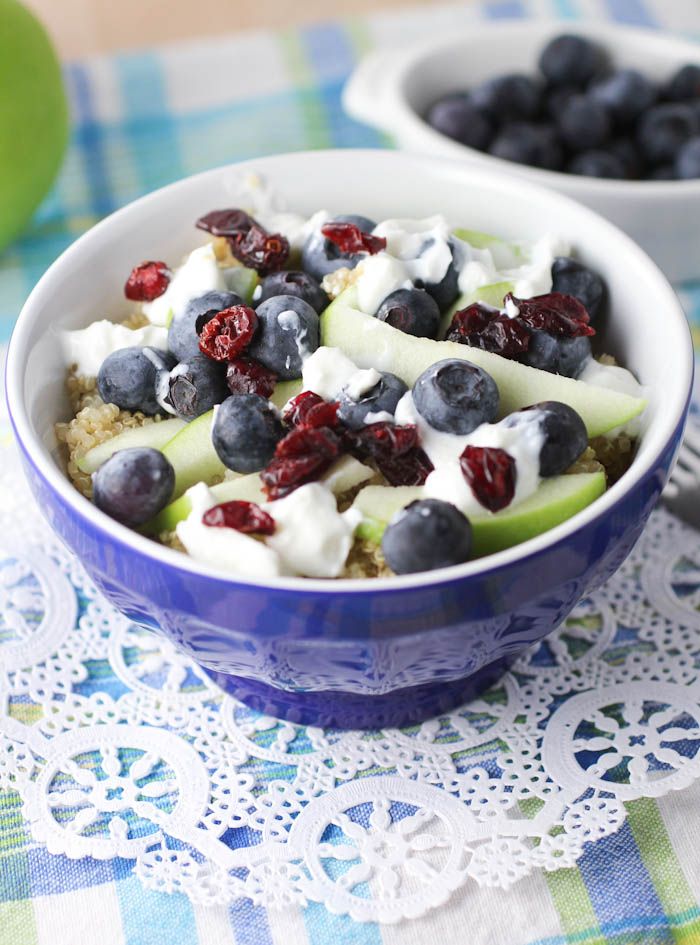 They are high in vitamin C, which is necessary for proper immune function and iron absorption, and vitamin K, which is important for blood clotting for when baby gets a boo-boo. They’re also high in the mineral manganese, which helps with the metabolism of protein, lipids, and carbohydrates. In addition, blueberries are a good source of fiber, which promotes digestion and gut health, and antioxidants, powerful anti-cancer agents.
They are high in vitamin C, which is necessary for proper immune function and iron absorption, and vitamin K, which is important for blood clotting for when baby gets a boo-boo. They’re also high in the mineral manganese, which helps with the metabolism of protein, lipids, and carbohydrates. In addition, blueberries are a good source of fiber, which promotes digestion and gut health, and antioxidants, powerful anti-cancer agents. - Health Benefits: Blueberries have been associated with many health benefits. Because of their high levels of antioxidants and fiber, they can reduce the risk of cancer, heart disease, and diabetes.
Superfood for Superbaby: blueberries are often touted as a superfood because they’re one of the fruits highest in antioxidants.
Frequently Asked Questions
When can you introduce blueberries to your baby?
Whether you’re starting your baby on purees or are doing baby-led weaning, blueberries are a wholesome and enjoyable first food for your baby! When a baby can start on solids is determined by their own rate of development, which generally comes between 4-6 months of age for purees and after 6 months for baby-led weaning.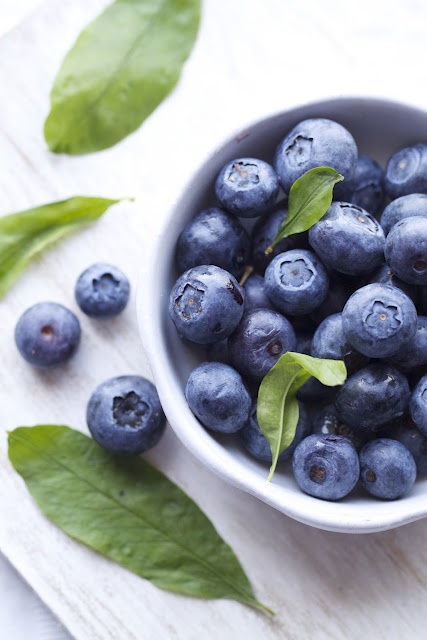 Some of the developmental milestones your baby needs to reach in order to start on solids include: if your baby has solid control of their head and neck, if your baby has doubled in weight, and if your baby is reaching for or opening their mouth when you eat (see my guide here). Before you start your baby’s feeding journey, you should consult with your pediatrician to make sure your child is developmentally ready.
Some of the developmental milestones your baby needs to reach in order to start on solids include: if your baby has solid control of their head and neck, if your baby has doubled in weight, and if your baby is reaching for or opening their mouth when you eat (see my guide here). Before you start your baby’s feeding journey, you should consult with your pediatrician to make sure your child is developmentally ready.
Are blueberries a choking hazard for baby?
Yes, blueberries can be a choking hazard if presented in a way that baby is not developmentally ready for. To minimize the risk of choking, flatten them with your fingers or quarter large ones, and never leave your baby unattended while eating.
Are blueberries a common allergen?
Blueberries are not listed as one of the top eight food allergens, so are not considered a common allergy. However, it does exist. If an immediate family member has an allergy to salicylates, you may need to avoid blueberries.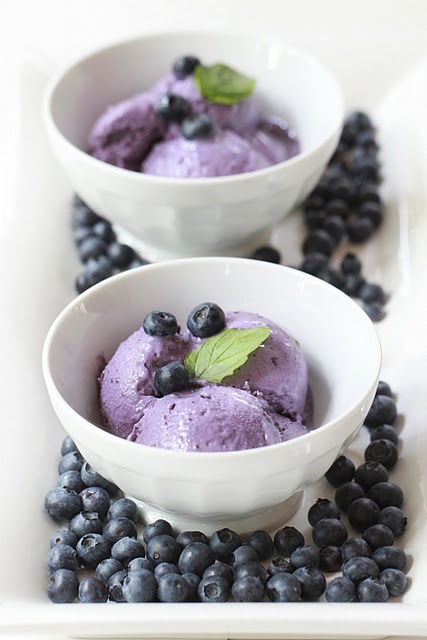
There are several different ways to prepare blueberries for your baby! You can make them into a smooth puree, a combination puree, a chunky puree for stage three, mashed and spread on toast, or serve them whole for baby-led weaning or a finger food. Here are 10 of my favorite ways to serve them:
STAGE ONE PUREES- Roasted Blueberry Puree
- Simmered Blueberry Puree
- Beaba Babycook Blueberry Puree
- 2-Minute Blueberry Puree
- 6 Delicious Combination Purees
- Mashed Blueberry with Chicken & Avocado
- Chunky Blueberry Puree with Yogurt
- Blueberry for Baby-Led Weaning or Finger Foods: flattened, halved or quartered
- Mashed Blueberry with Chicken & Avocado
- Chunky Blueberry Puree with Yogurt
Frozen vs.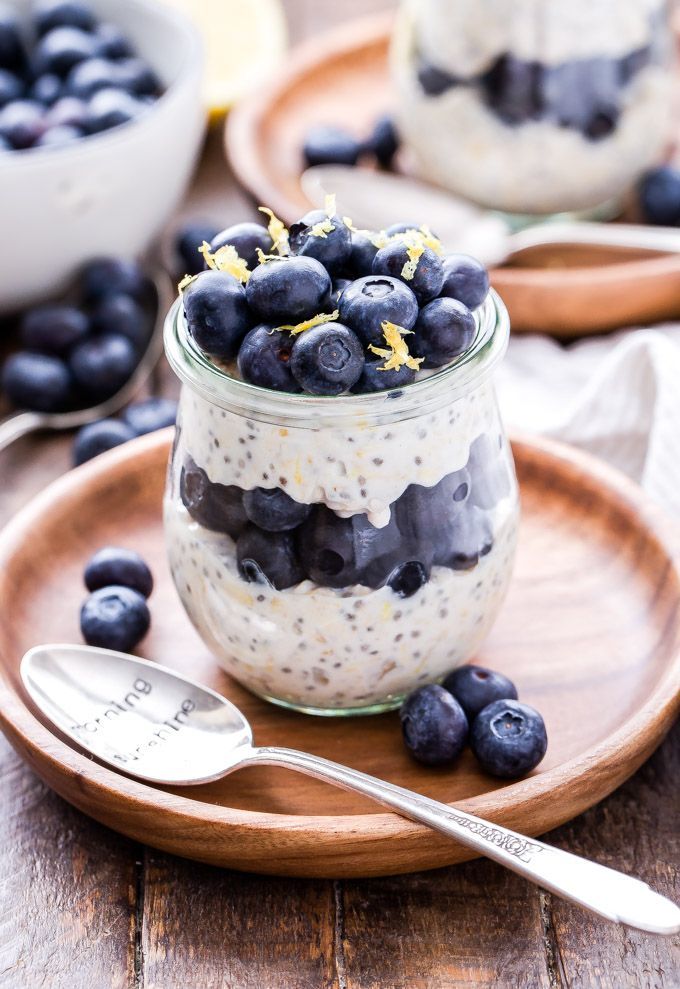 Fresh Blueberries: if fresh blueberries are not in season or in your budget, frozen blueberries would be a great option for you. They are nutritionally similar and easy to find in most grocery stores.
Fresh Blueberries: if fresh blueberries are not in season or in your budget, frozen blueberries would be a great option for you. They are nutritionally similar and easy to find in most grocery stores.
Tools Needed
- Baby Bowls
- Suction Baby Plates
- Baby Spoons
- BEABA Babycook
- Freezer Storage Tray
- Gootensil
- Saucepan
- Baking Sheet
This is the type of recipe you make for your baby but end up eating yourself. It’s just that good! Roasting the blueberries is key to getting a deep rich blueberry flavor that highlights their natural sweetness while keeping their crisp taste. It does require you to turn on your oven, which can be a deterrent in the hot summer months, but it is well worth it.
How to Serve: you can serve this puree as-is, mixed with an apple, pear, sweet potato puree, or swirled into oatmeal, yogurt, or ricotta.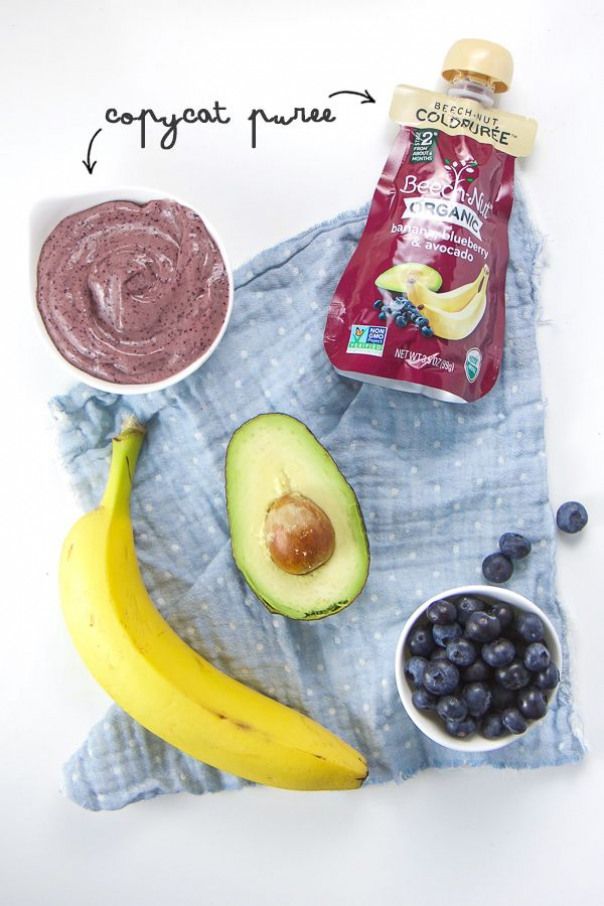
Instructions (see below for the full recipe): place blueberries on a baking sheet and sprinkle with cinnamon. Roast in an oven for 20 minutes until the blueberries are bursting with juices. Place the roasted blueberries into a blender or food processor and puree until smooth.
Simmered Blueberry PureeSince blueberries have such a high water content, it is sometimes hard to get a thick enough puree for baby by just blending them raw (which you can still do). For this recipe, we simmer the blueberries so that some of their water gets cooked off, leaving you with a thicker puree. This cooking method also lets the blueberry’s natural sweetness come through, which calms down the blueberries, sometimes overwhelming, tartness.
How to Serve: you can serve this puree as-is, mixed with an apple, pear, carrot puree, or swirled into oatmeal, yogurt, or ricotta.
Instructions (see below for the full recipe): place blueberries in a small saucepan.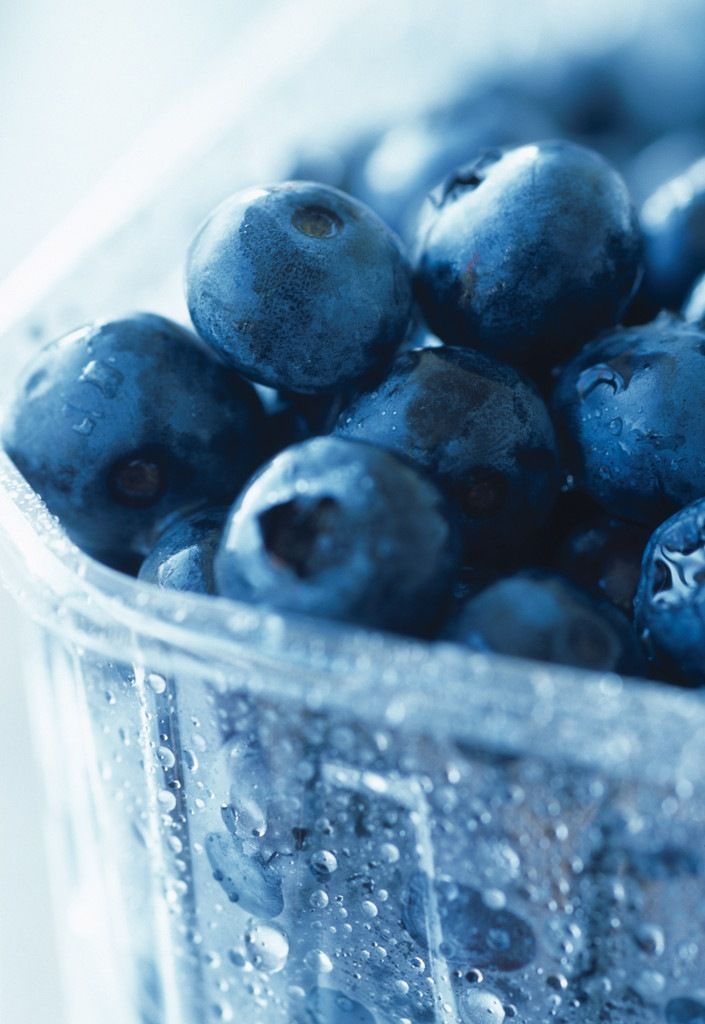 Heat for 10 minutes or until the blueberries are super soft and falling apart. Place the simmered blueberries into a blender or food processor and puree until smooth.
Heat for 10 minutes or until the blueberries are super soft and falling apart. Place the simmered blueberries into a blender or food processor and puree until smooth.
Blueberry Tip: this is a great recipe for using frozen blueberries. You can add frozen blueberries straight to the saucepan and simmer for 12-14 minutes or until soft and thawed through.
BEABA Babycook Blueberry PureeOne of my favorite ways to make a fresh, flavorful, and nutrient-dense blueberry baby food puree, with the touch of a button, is with the BEABA Babycook! It couldn’t get any easier or more hands-off than this. All we do is load up the blueberries into the Babycook, hit steam, and let the machine do all of the work.
How to Serve: you can serve this puree as-is, mixed with an apple, avocado, carrot puree, or swirled into oatmeal, yogurt, or ricotta.
Instructions (see below for the full recipe): place blueberries into the stainless steel steamer basket. Fill the water tank to level 1. Place the steamer basket inside the glass jar, close the lid and push the steam button. Once done, pour out and reserve any excess water. Transfer the cooked blueberries into the glass jar, close the lid and push the blend button until smooth, adding the reserved blueberry water if needed.
Fill the water tank to level 1. Place the steamer basket inside the glass jar, close the lid and push the steam button. Once done, pour out and reserve any excess water. Transfer the cooked blueberries into the glass jar, close the lid and push the blend button until smooth, adding the reserved blueberry water if needed.
Full Review: read my full, in-depth and honest review of the BEABA Babycook Neo here! Make sure to grab 15% off your Babycook with code (BabyFoode15)!
2-Minute Blueberry PureeWant to make a tasty blueberry puree for baby but are short on time? Then this puree recipe is for you! We are simply going to blend up some fresh blueberries and call it a day! Yes, it can be that easy.
Instructions (see below for the full recipe): place the blueberries into a blender and blend for 1-2 minutes or until smooth. This puree will start on the thinner side but will thicken in the fridge as it chills.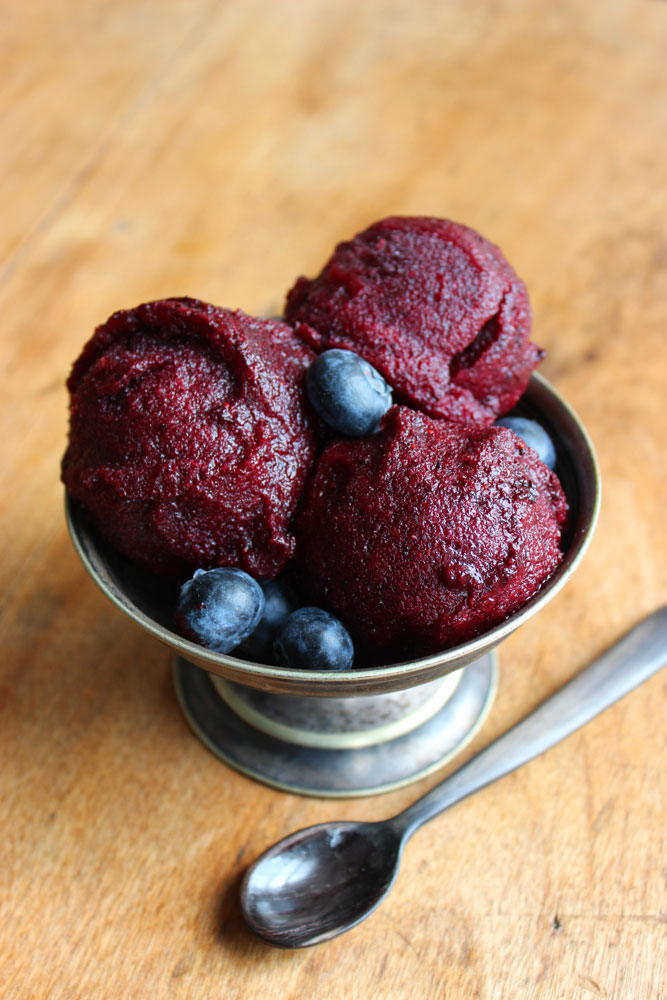
Blueberries are a great food for your baby to self-feed, whether for baby-led weaning, which happens around 6 months of age or during the finger foods stage, which is at 9 months.
Flattened: the best way to serve your baby blueberries as a solid food at 6+ months is to gently pinch the blueberry into small, flattened discs. By pinching them into discs, makes the blueberries not as big of a choking hazard and gives your baby a nice flat surface to grab onto.
Quartered: you can easily quarter blueberries with a small sharp knife or kitchen scissors for your baby when their pincer grasp starts developing, which is roughly 9 months of age.
Halved: once your baby has mastered the quartered blueberries, you can move into just halving the blueberries with a sharp knife or kitchen scissors. You can start serving halved blueberries to your baby around 10+ months.
6 Blueberry Combination PureesYou can mix and match blueberries with many other great fruits and veggies to make fun combination purees.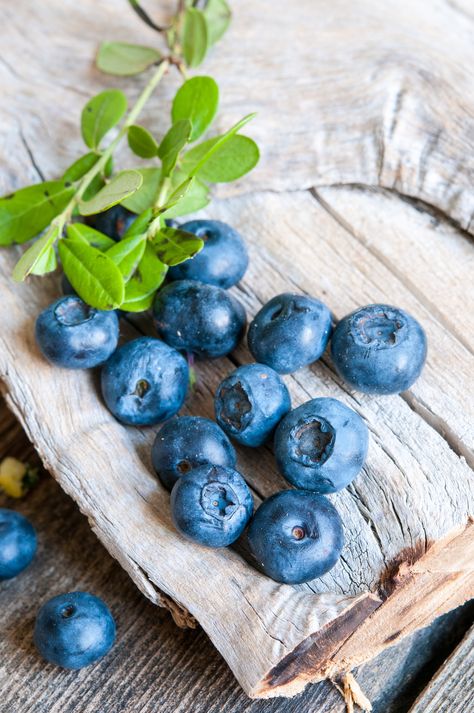 Here are my 6 favorites:
Here are my 6 favorites:
- Blueberry Banana Puree: Place one ripe banana, 1 cup of blueberries, and 1 tsp fresh lemon juice into a blender, and puree for 1-2 minutes or until smooth. Serve to baby, store in the fridge for up to 4 days or freeze for a later meal.
- Blueberry Avocado Baby Food: Place one ripe avocado, 1 cup blueberries, and 1 tsp fresh lemon juice into a blender, and puree for 1-2 minutes or until smooth. Serve to baby, store in the fridge for up to 4 days or freeze for a later meal.
- Blueberry Sweet Potato Puree: Follow this Sweet Potato Puree recipe and add 4 cups of blueberries to the baking sheet when there are 20 minutes left for the sweet potatoes to cook. Puree as directed in the recipe card using a pinch of cinnamon instead of the curry powder.
- Blueberry Apple Puree: Follow this Apple Puree recipe and add 2 cups of blueberries to the saucepan before cooking. Cook and puree as directed in the recipe card.
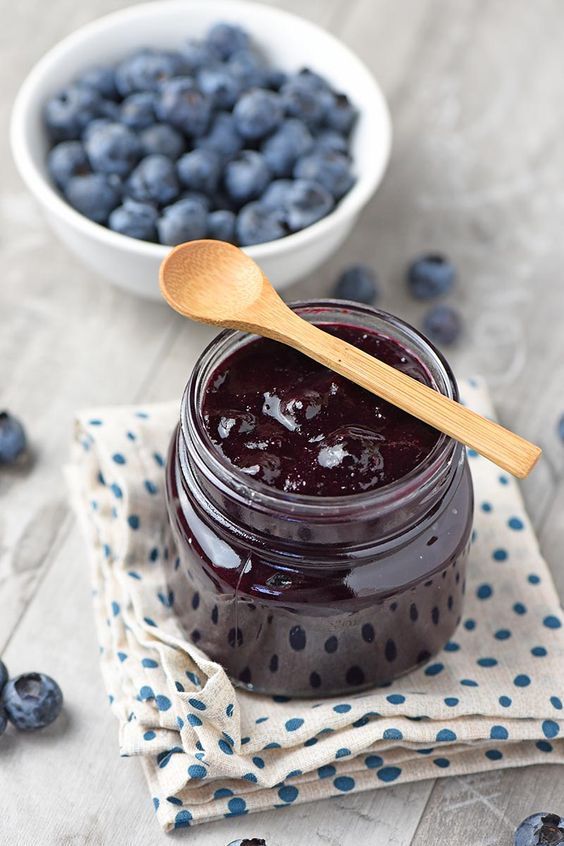
- Blueberry Pear Baby Food: Follow this Pear Puree recipe and add 2 cups of blueberries to the saucepan before cooking. Cook and puree as directed in the recipe card.
This mashed blueberry, chicken, and avocado chunky puree for your baby is a great way to serve them a full meal in one tasty bite. You can serve this chunky puree on a piece of toast, spoon-feed it to baby, toss it with some pasta, let your baby self-feed it to themselves, or load a self-feeding spoon with a bite and hand the spoon to your baby.
Instructions (see below for the full recipe): place some chopped blueberries, cooked and shredded chicken, and a few chunks of ripe avocado on a cutting board and, using the back of a fork, mash until chunky and incorporated with each other.
More Flavors: you can also use steamed or roasted sweet potatoes, banana, soft tofu, cooked apples, cooked and shredded salmon, and more!
Looking for more easy baby-led weaning and puree recipes? Then check out my favorite ways to serve apples, avocados, strawberries and bananas to babies!
CHUNKY BLUEBERRY PUREE WITH YOGURTFinely chopped blueberries mixed with a thick plain yogurt make for a great protein-packed meal for your baby!
How to Serve: you can serve this to your baby on a spoon, a self-feeding spoon, on a piece of toast, pancake, or waffle.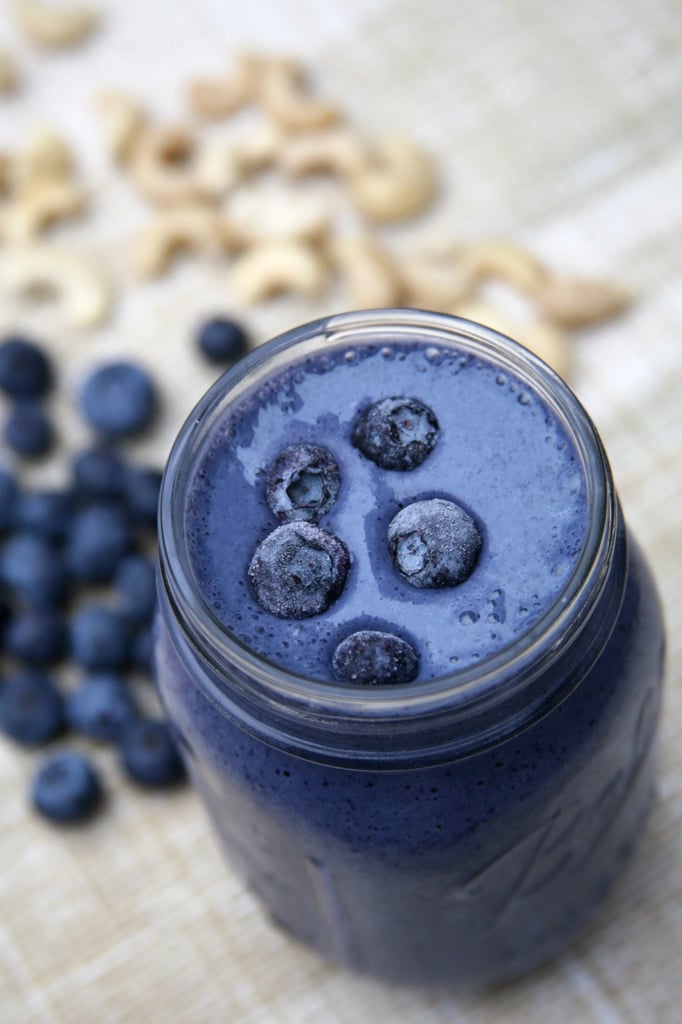
Instructions (see below for the full recipe): place chopped blueberries on a cutting board or in a small bowl. Add in the yogurt and stir until incorporated. Serve to your baby with a gootensil, on a 1-3 inch piece of toast, place on a plate for baby to eat with their own hands, or spoon feed it to your baby.
BLUEBERRY OATMEALOatmeal is a great food for your baby, and adding antioxidant-rich blueberries to it, makes it even better! You can make blueberry oatmeal into a smooth puree, a chunky puree, or you can let clumps of oatmeal cool for an easier way to serve oats for baby-led weaning.
Instructions (see below for the full recipe): bring water to a boil and add in oats, blueberries, and a pinch of cinnamon. Let cook, stirring often, for 10 minutes, let cool slightly. Serve as is, or transfer to a blender and puree until you have your desired consistency.
More Oatmeal Inspiration: love oatmeal and need more ideas on how to serve it to your baby? Then check out my complete Oatmeal for Babies guide.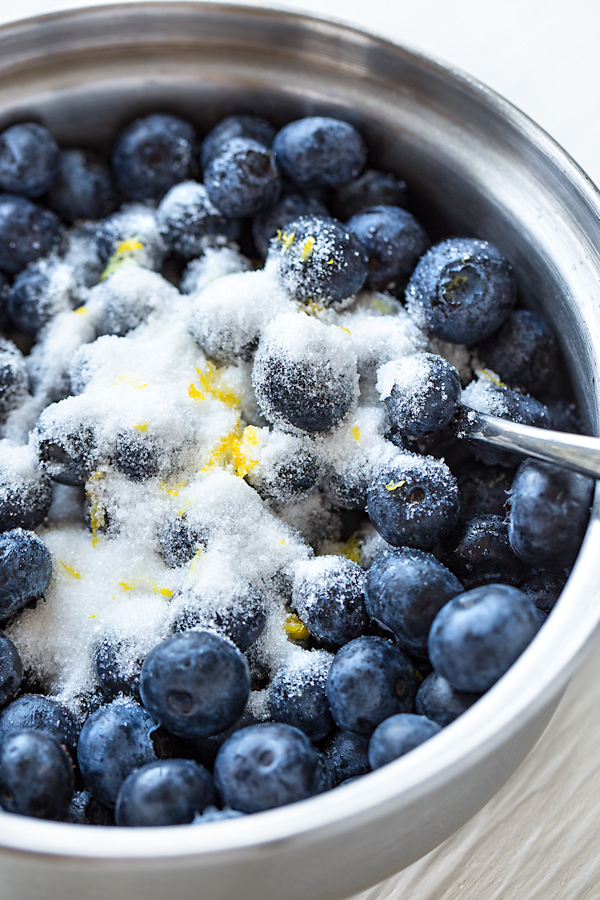
You can freeze any of the purees listed above. For finger foods, you can store any leftovers in the fridge in an air-tight container for up to 3 days.
RefrideratorYou can store the blueberry puree in an airtight container in the fridge for 3 days.
FreezerThis blueberry puree can be frozen for up to 3 months.
- Spoon pureed blueberry into a freezer storage container – do not overfill.
- Place the lid on the storage container or cover it with a piece of saran wrap and label it with the date and recipe name.
- Place the tray into the freezer and let freeze completely – preferably overnight.
- Pop-out the baby food cubes and place in a zip-lock baggie or stasher bag – don’t forget to re-label the baggie or stasher bag for future reference.
- Picking Blueberries: when purchasing blueberries, look for plump and deep blueberries with a dusting of gray on the surface.
 A blueberry that is too firm or shows any hint of red isn’t fully ripe and will most likely be tart.
A blueberry that is too firm or shows any hint of red isn’t fully ripe and will most likely be tart. - Fresh or Frozen: You can use either fresh or frozen blueberries for any of the puree, mashed or chunky recipes below, you will need to thaw and drain the blueberries first. It is best to use fresh blueberries if serving as a solid as they will easier for your baby to pick up and hold.
- Blender: Because blueberries condense down to such a small amount of puree, I use a small blender when pureeing any of these recipes. You can also use a handheld emersion blender or food processor. Another option is to double the recipe if you still want to use your regular-sized blender.
Or watch a shortened version of this video here.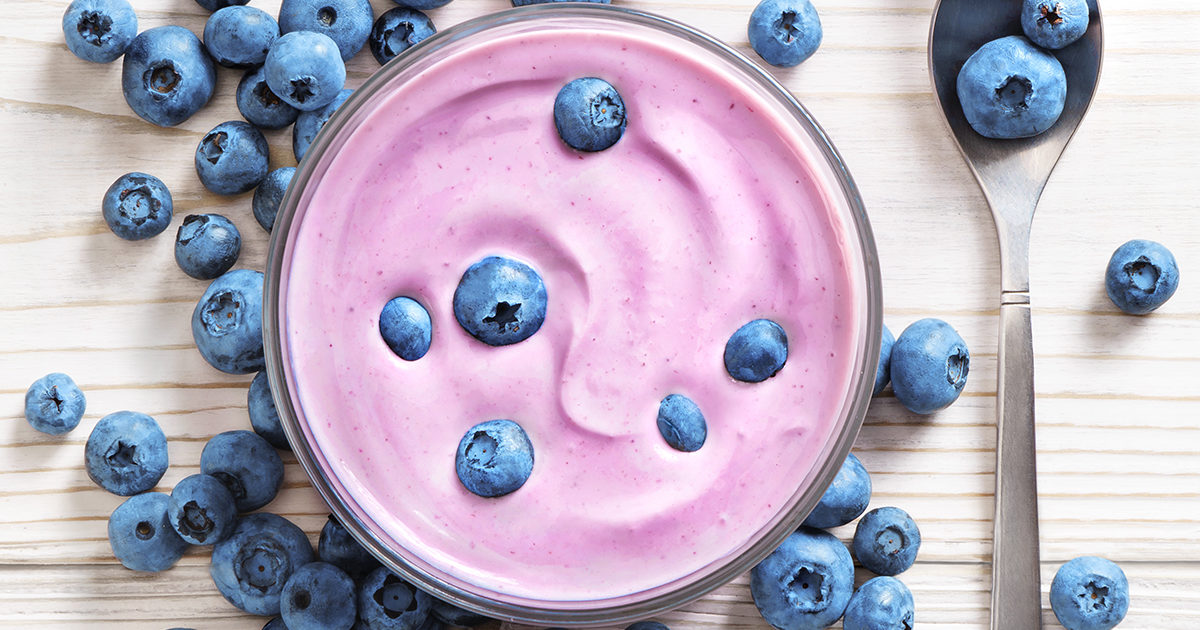
Roasted Blueberry Puree
- 2 cups blueberries
- pinch cinnamon (optional)
Simmered Blueberry Puree
- 2 cups blueberries
- 2 tbsp water
- 1 tsp lemon juice (optional)
BEABA Babycook Blueberry Puree
- 2 cups blueberries
- water
2-Minute Blueberry Puree
- 2 cups blueberries
Baby-Led Weaning/Finger Food Stage
- 2 tbsp blueberries
Blueberry Oatmeal
- 1 cup water
- 1/2 cup old-fashioned oats
- 1 cup blueberries
- pinch cinnamon
Mashed Blueberry Avocado & Chicken Puree
- 2 tbsp blueberries, chopped
- 2 tbsp avocado chunks
- 2 tbsp cooked chicken, shredded
Blueberry & Yogurt
- 2 tbsp blueberries, finely chopped
- 1 tbsp whole milk plain yogurt
Roasted Blueberry Puree
Preheat oven to 425° F.
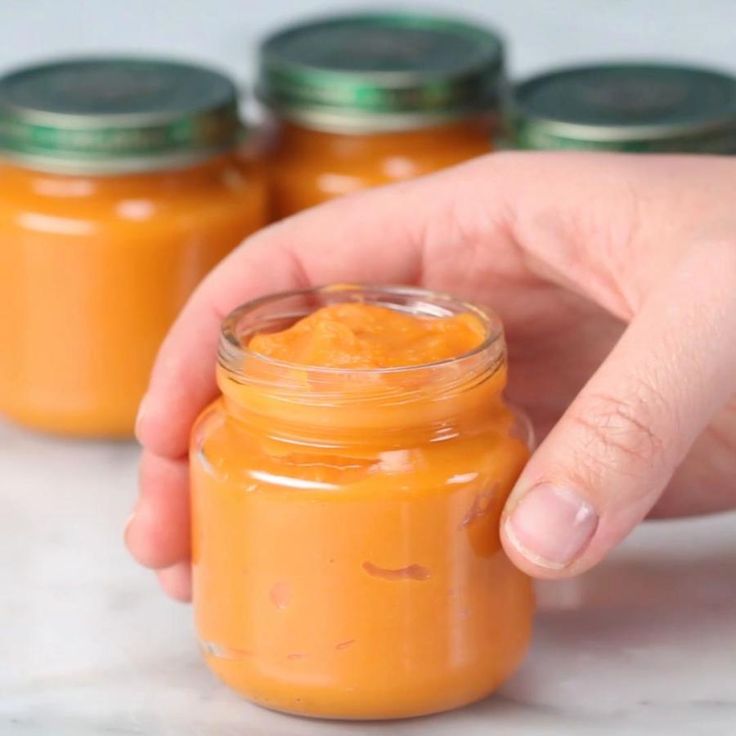 Line a baking sheet with parchment paper. Place the blueberries on the baking sheet and sprinkle on cinnamon. Bake for 20 minutes or until soft and bursting with juices.
Line a baking sheet with parchment paper. Place the blueberries on the baking sheet and sprinkle on cinnamon. Bake for 20 minutes or until soft and bursting with juices.Let cool slightly and then transfer the blueberries to a blender or food processor and puree for 1-2 minutes until smooth.
Simmered Blueberry Puree
Place the blueberries, water, and lemon juice into a small saucepan and heat over medium-low heat for 10-12 minutes or until soft and broken down.
Note on Blueberries: if using frozen blueberries, there is no need to thaw them before cooking in this recipe.
Let cool slightly and then transfer the blueberries to a blender or food processor and puree for 1-2 minutes until smooth.
BEABA Babycook Blueberry Puree
Fill the tank reservoir to level 1 with water. Add the blueberries to the stainless steel basket and place the basket into the glass jar.
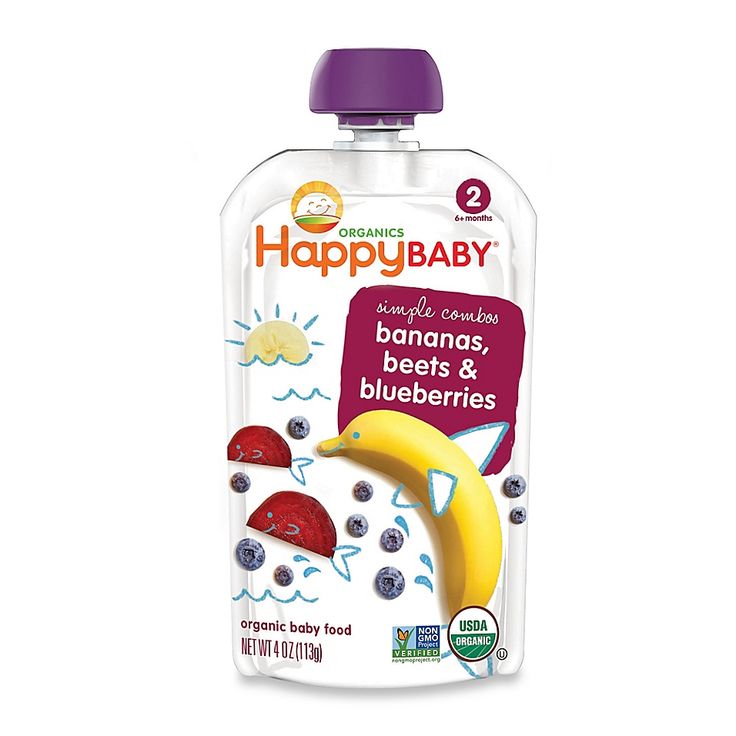 Place the lid on top and close. Push the steam button.
Place the lid on top and close. Push the steam button.Once complete, remove the lid and let cool slightly. Take the stainless steel basket out of it and then pour any excess water into a measuring cup; reserve. Next, pour the blueberries into the glass jar, close the lid, and push and hold the blend button until the blueberries are smooth, adding in any reserved blueberry water if needed.
2-Minute Blueberry Puree
Place the blueberries into a blender and puree for 1-2 minutes or until smooth.
The puree will thicken as it cools in the fridge or freezer.
Baby-Led Weaning/Finger Food Stage
Serve to baby flattened, halved or quartered depending on your baby's age (see graph).
Blueberry Oatmeal
In a small saucepan, bring the water to a boil. Add in oats, blueberries, and cinnamon. Cook for 10 minutes or until the oats are cooked, and most of the water is gone.
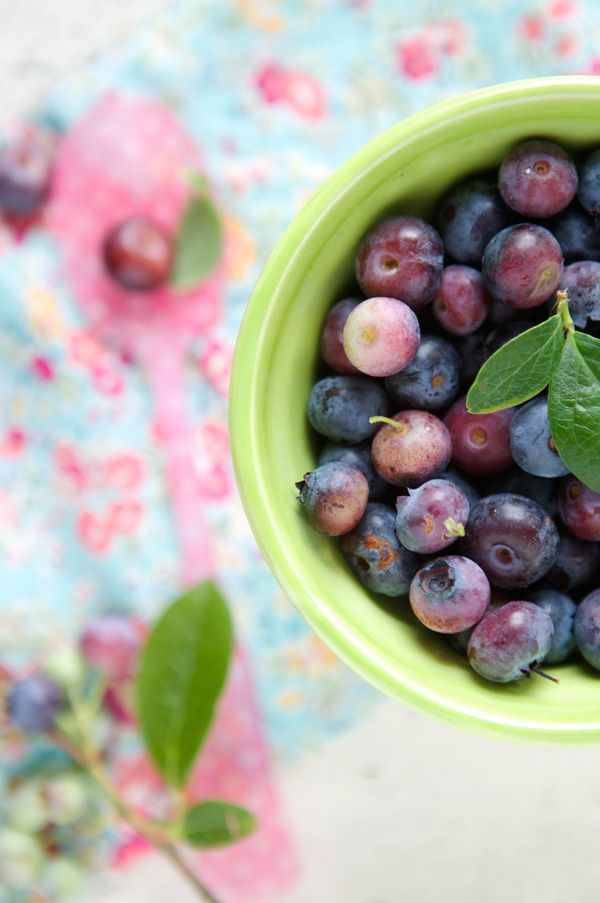 Using a hand mixer or blender, puree the oats to your desired consistency – smooth, slightly chunky, or chunky. If serving for baby-led weaning, dollop a few 2-inch circles of oatmeal on a plate and place it in the fridge. Once cooled, the oatmeal will be easier for your baby to pick up and self-feed.
Using a hand mixer or blender, puree the oats to your desired consistency – smooth, slightly chunky, or chunky. If serving for baby-led weaning, dollop a few 2-inch circles of oatmeal on a plate and place it in the fridge. Once cooled, the oatmeal will be easier for your baby to pick up and self-feed.Note on Blueberries: if using frozen blueberries, there is no need to thaw them before cooking in this recipe.
Mashed Blueberry Avocado & Chicken Puree
Place the blueberries, avocado, and chicken onto a cutting board. Using the back of a fork, mash the ingredients together into a chunky puree.
Spread the chunky puree onto a 1-3 inch piece of toast, load it onto a gootensil, place it on a plate for your baby to eat with their hands, or spoon feed it to your baby.
Blueberries & Yogurt
Place the chopped blueberries on a cutting board or in a small bowl.
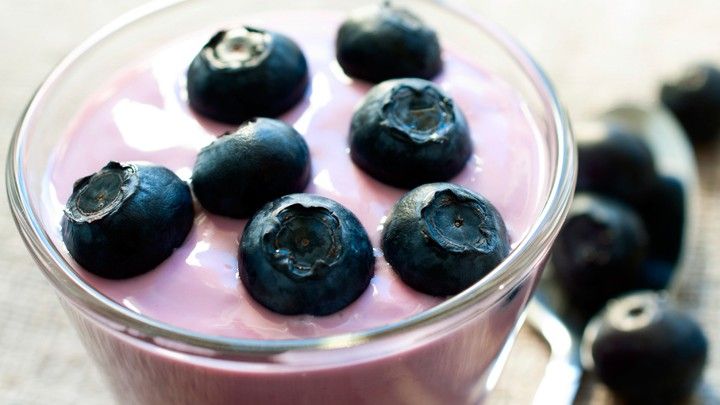 Add in the yogurt and stir until incorporated. Serve to your baby with a gootensil, on a 1-3 inch piece of toast, place on a plate for baby to eat with their own hands, or spoon feed it to your baby.
Add in the yogurt and stir until incorporated. Serve to your baby with a gootensil, on a 1-3 inch piece of toast, place on a plate for baby to eat with their own hands, or spoon feed it to your baby.
Age: 4-6+ months for puree, 6+ months for baby-led weaning.
Storage: you can store the purees in the fridge for up to 4 days or in the freezer for 4 months. You can store the finger foods in the fridge for up to 3 days.
Yield: the purees will yield you roughly 6-8 ounces of puree, while the finger foods will give you 1-2 servings.
Notes on Frozen Blueberries: if you are using frozen blueberries, make sure you thaw and drain any excess liquid before using them unless indicated in recipe card.
Nordic Ware Baking Sheet
Saucepan
Blender
NumNum Pre-Spoon GOOtensils
Did you make this recipe?
Tag @babyfoode on Instagram and hashtag it #babyfoode!
Pin Recipe Email a Friend
This post is sponsored by BEABA Babycook. Thank you for supporting the brands that support Baby FoodE!
90,000 puree from blueberries-encyclopedia baby food
8-10 months +
- Vitamins: A, C, folic acid
- Minerals: potassium, sodium, phosphorus, iron, iron, iron, iron, iron, iron, iron, iron, iron, iron, iron, iron, iron, iron, iron, iron, iron, iron, Iron magnesium, calcium
Victoria Levchuk©
Blueberries are delicious and full of antioxidants. And the modern opportunity to buy frozen berries on the shelves in supermarkets allows mothers to prepare blueberry puree for their baby all year round.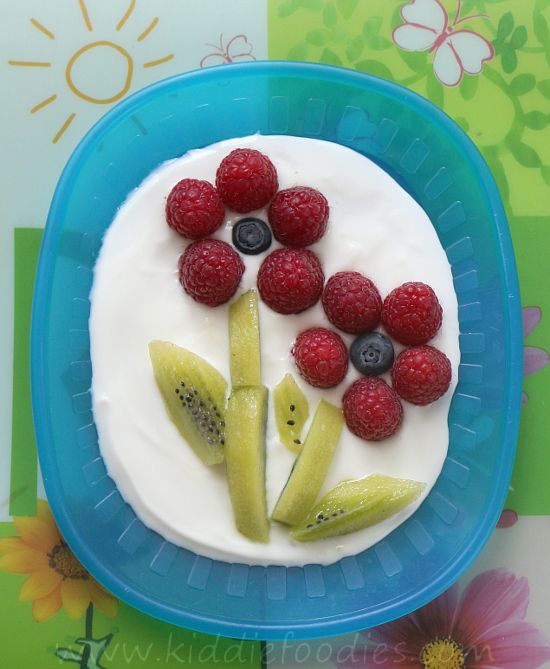
Most doctors recommend waiting 12 months before introducing other berries (strawberries, for example), however, blueberries do not cause allergic reactions and many pediatricians suggest introducing them into complementary foods between 6 and 9 months.
However, remember that the risk of allergy to blueberries still exists, as to any other product, so the 4-7 day waiting rule must be observed. Blueberries are very healthy for young children, they are rich in manganese, vitamin B6, C, K and fiber.
Fresh blueberries have a very mild laxative effect on the body, which means they can be very helpful in preventing and relieving constipation. On the other hand, dried blueberries have the opposite effect and are often recommended for strengthening stools after a bout of diarrhea.
It is important to remember that blueberry puree will slightly change the color of the baby's stool, black color is possible, do not be afraid!
Remember, we always consult with a pediatrician about the introduction of new foods for the baby.
puree from blueberries
| Print a recipe |
A simple but delicious recipe for children's food allows the Besnika to be a star. Simply amazing blueberry flavor.
| Serves |
| 2 servings |
| Cooking time0047 | Print recipe |
A simple yet delicious baby food recipe that makes blueberries the star. Simply amazing blueberry flavor.
| Portations |
| 2 Portion |
| Preparation time | 20 minutes |
005
Using a slotted spoon, transfer the drained blueberries to a blender and puree.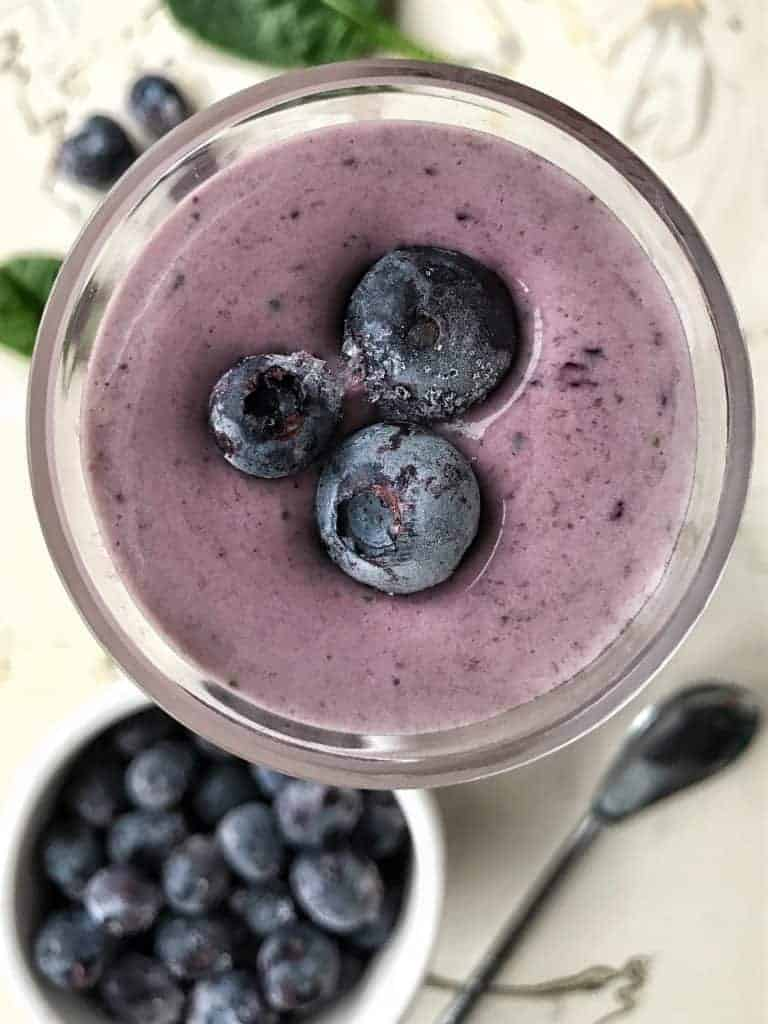
If necessary, add some liquid from the saucepan.
Add oatmeal (optional) to thicken.
We are not afraid and add me to VK and Odnoklassniki, Instagram!
Like this article? Subscribe to site updates
"Encyclopedia Baby Food"!
Don't forget to bookmark us! (CTRL+SHIFT+D) Subscribe to the site, comment, share in social networks.
On our site Encyclopedia Baby Food there is useful information on the nutrition of your children, which is useful for everyone, and we update the site "Encyclopedia Baby Food" constantly and try to search and write only excellent, verified and necessary information for you and your children.
Disclaimer No. 1: It must be understood that the author of the articles on the Baby Food Encyclopedia website is not a medical staff, “I am not a doctor.” The information I share is based on my own experience.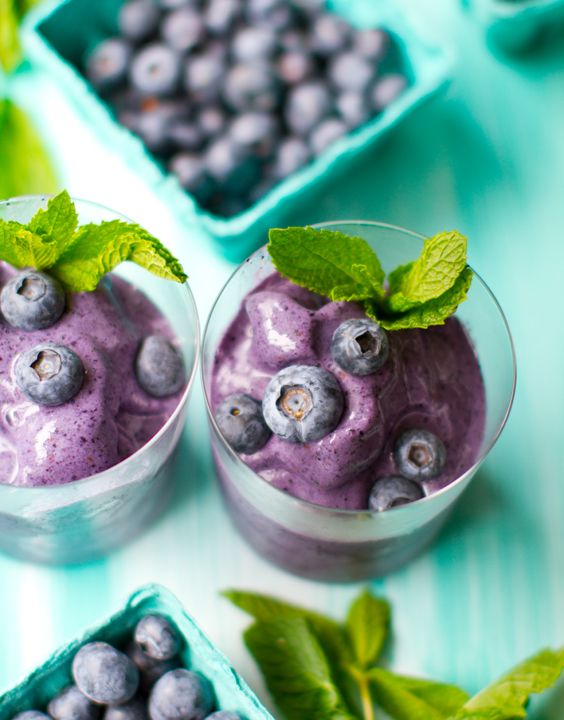 My goal is not to teach you how to eat or feed your child, but to talk about how we did it, what new things I learned or read. This expands the picture of Baby Food knowledge, gives you a glimpse of the whole process so you can decide if you like it or not.
My goal is not to teach you how to eat or feed your child, but to talk about how we did it, what new things I learned or read. This expands the picture of Baby Food knowledge, gives you a glimpse of the whole process so you can decide if you like it or not.
Disclaimer No. 2 : However, the above does not cancel visiting a pediatrician. Before you start complementary foods, you need to get his professional opinion on the best way to introduce new foods for your baby. I also draw your attention to the fact that you need to look at the original date of the published articles, because some of the "best practices" may have changed. Always check with your child's pediatrician about complementary foods and their health.
Disclaimer #3: Keep in mind that every family is unique, every situation is also completely unique. There are no universal solutions. Only you can find what works best for you. Certain goals require certain sacrifices and priorities - not everyone wants to make those choices, and that's GREAT! Just know what you want to achieve, and be ready to get to work, putting the best of your strength!
Disclaimer No.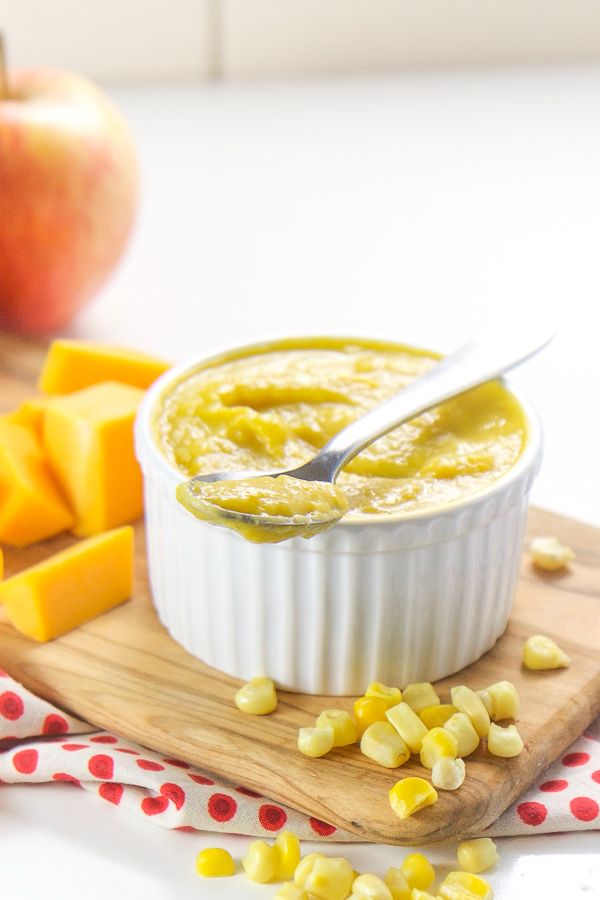 4: On the Encyclopedia Baby Food website, photos from books on baby food with attribution are used to better understand the information (Article 1274, paragraph 1, part four of the Civil Code of the Russian Federation). Literature on baby food is found in the public domain on the Internet.
4: On the Encyclopedia Baby Food website, photos from books on baby food with attribution are used to better understand the information (Article 1274, paragraph 1, part four of the Civil Code of the Russian Federation). Literature on baby food is found in the public domain on the Internet.
Apricot puree with chicken
Banan-global puree
Banana puree
borsch
Bousse broth with peas and rice
Botterbrod with kolrabi
Rapid dessert
Sine
Spring core Buckwheat porridge with apricots
Buckwheat porridge with banana
Buckwheat pilaf
Children's sausage
Children's milk porridge with banana
Children's vinaigrette
Children's ketchup
Children's cucumber salad
Children's Olivier salad
Children's porridge biscuits
Children's puree of strawberries, bananas, yellow cherries, yoghurt and cookies with cereals
Children's puree with cottage cheese and fruits
Homemade yeast bread with flax flour
Homemade cheese
Homemade pizza
Breakfast outside
Kohlrabi appetizer
Cauliflower roast
Roasted carrots
Roasted carrots and cherries with millet
Winter salad with Jerusalem artichoke
Cabbage with white beans
Canteen-style coleslaw
Mashed potatoes
Quinoa and pumpkin porridge
Quinoa porridge
breakfast porridge
Quinoa and apple
Strawberry puree
Strawberry puree with banana
Strawberry compote
Dried apple, dried apple and raspberry compote90 in a thermos" for a child over 8 months
Corn porridge
Corn porridge with pear
Corn porridge with pumpkin
Corn porridge with pumpkin and carrots
Corn porridge with apple and carrots
Chicken liver in the oven
Chicken cutlets with carrots
Chicken with carrots, sweet peppers and potatoes
Navy pasta
Macaroni with orange sauce
Muffins with vegetables and eggs
Jacket potatoes
Vermicelli milk soup-carrot puree
Carrot-rice casserole
Carrot with chicken
Egg and tomato fly agaric
Meat envelopes
Homemade Tarragon drink for children
Cauliflower and carrot vegetable puree
Vegetable soup with corn semolina
Vegetable soup with cheese and corn semolina
Vegetable soup with spinach
Vegetable puree soup with bell pepper
Oatmeal porridge
Pollock fritters
Hot kefir fritters
Omelet and cauliflower in a bag 90
Spinach and Cheese Omelette
Omelette Pancake
Peach Puree
Baked Apples 7 months +
Zucchini and Carrot Pie
Zucchini Pie
Rice and Zucchini Pie
Fish Pie
Fish and potato pie
White cabbage pizza
Lavash pizza
Zucchini, tomato and sausage pizza
Tomato and olive pizza
Spinach pizza
Rabbit pilaf
Chicken pilaf with green peas and corn Puree 9092 and cherries
Banana, cottage cheese and porridge puree 4 cereals
Broccoli (cauliflower) puree
Broccoli, courgette and cauliflower puree
Blueberry puree
Pear puree
Pear and banana puree
Baked pear and banana puree
Pear and pumpkin puree 7 months +
Pear, pumpkin and peach puree
Pear, apple, plum and prunes puree
Blackberry puree
Turkey puree
Zucchini puree 902 zucchini and broccoli
Zucchini, carrot and potato puree
Quinoa and banana puree
Quinoa and carrot puree
Quinoa, banana and carrot puree
Quinoa, squash and carrot puree
Quinoa, peach and raspberry puree
quinoa, cauliflower, apple, peas and mint
Quinoa, apple, pear and raisin puree
Quinoa, apple, carrot puree
Rabbit, broccoli and cauliflower puree
Chicken, carrot, potato, apple and pea puree
Raspberry, cherry and banana puree
carrots
Carrot and apple puree
Carrot, potato, broccoli and cheese puree
Carrot, potato, apple and quinoa puree
Carrot, pumpkin, apple and prunes puree
Carrot, apple and potato puree
Turnip and carrots
Plum puree
Curd, strawberry and banana puree
Pumpkin puree
Pumpkin and banana puree
Pumpkin and squash puree
Pumpkin and apple puree
Pumpkin, apple and banana puree
Cauliflower and broccoli puree 9090 Cauliflower and Potato Puree
Cauliflower and Rice Puree
Cauliflower and Apple Puree
Cauliflower, Green Pea and Squash Puree
Cauliflower, Turkey and Potato Puree
Cauliflower, Potato and Squash Puree
Cauliflower, carrot and broccoli puree
Cauliflower, carrot, cheese and rice puree
Cauliflower, apple and courgette puree
Zucchini puree
Zucchini and potato puree
Zucchini, carrot and apple puree 902 cherries
Blueberry puree
Prune puree
Apple, pumpkin, carrot and some curry puree
Apple and pear puree
Apple and strawberry puree
Apple, strawberry and cherry puree
Apple, peach and banana puree
Carrot and pumpkin puree
Cottage cheese and banana puree
Turkey, potato and carrot stew
Zucchini, carrot and broccoli stew
Fish, potato, carrot and broccoli stew
Rice porridge
Whole grain rice porridge
carrot
Rice porridge with pumpkin
Rice porridge with apples
Rice porridge with apple and pear
Rice porridge with apple and pumpkin
Fish cakes with vegetables
Semi-cooked fish
Fish meatballs with ketchup
Baby Fish Soup
Salmon and Celery Fish Soup
Carrot and Kohlrabi Salad
Chickpea Salad
Chickpea and Cabbage Salad
Laziest Soup
Creamy Kohlrabi Soup
Oatmeal Smoothie Pot 9090 Cheesy Pizza
Pea and Bacon Soup
Baked Vegetable Soup
Kohlrabi Soup
Salmon Soup
Cauliflower Soup
Turnip Potato Soup
Meatball Soup for the Picky Eater
Kohlrabi soup with green apple
Rabbit, pumpkin, potato, broccoli and cauliflower soup
Beetroot soup
Pumpkin soup with mushrooms
Broccoli and celery soup
Soup/stew Pork with Potatoes and Carrots
Cheese Pasties
Pumpkin Cheese Sauce (Annabelle Carmel Recipe)
Buzz Lightyear Sandwich
Pumpkin Apple Puree
Pumpkin Apple Juice
Pumpkin Cake
Pumpkin Soup Puree
Fruit Salad 90 Bread lavash
Cauliflower with cheese
Linden and thyme tea
Experimental noodle soup with lentils
Apple puree
Apple juice
Blueberries in baby food
Feature : blueberries are very beneficial for eyesight. May cause allergies.
May cause allergies.
Blueberries are a species of perennial undersized shrubs from the genus Vaccinium of the Heather family.
The composition of blueberries contains a large amount of antioxidants, carbohydrates, potassium, phosphorus, calcium, magnesium, copper, sodium, iron, as well as vitamin C, B1, B6, PP and pantothenic acid.
100 grams of blueberries contain 44 kcal
| Vitamins | Macronutrients | Microelements |
| Vitamin PP - 0.3 mg Vitamin B1 (thiamine) - 0.01 mg Vitamin B2 (riboflavin) - 0.02 mg Vitamin C - 10mg Vitamin E (TE) - 1.4mg Vitamin PP (niacin equivalent) - 0.4 mg | Calcium - 16 mg Magnesium - 6 mg Sodium - 6 mg Potassium - 51 mg Phosphorus - 13 mg | Iron - 0. |
Also in blueberries there are pectins that have a beneficial effect on the intestines and are able to cleanse it of toxins, decomposition products, salts of heavy metals.
Composition and nutritional properties of blueberries
100 g blueberries contain:
- Protein - 1.1 g
- Fats - 0.6 g
- Carbohydrates - 7.6 g
- Dietary fiber - 3.1 g
- Organic acids - 1.2 g
- Water - 86 g
- Mono- and disaccharides - 7.6 g
- Ash - 0.4 g
Read also: Recipe. No-bake blueberry cake
Benefits of blueberries
Blueberries are recommended for the prevention of heart disease. Its beneficial properties help maintain vision and strengthen the vessels in the back of the eyes, which helps to improve the ability to see in the dark. Blueberries also improve memory, strengthen blood vessels, normalize weight, and are used as a rejuvenating agent.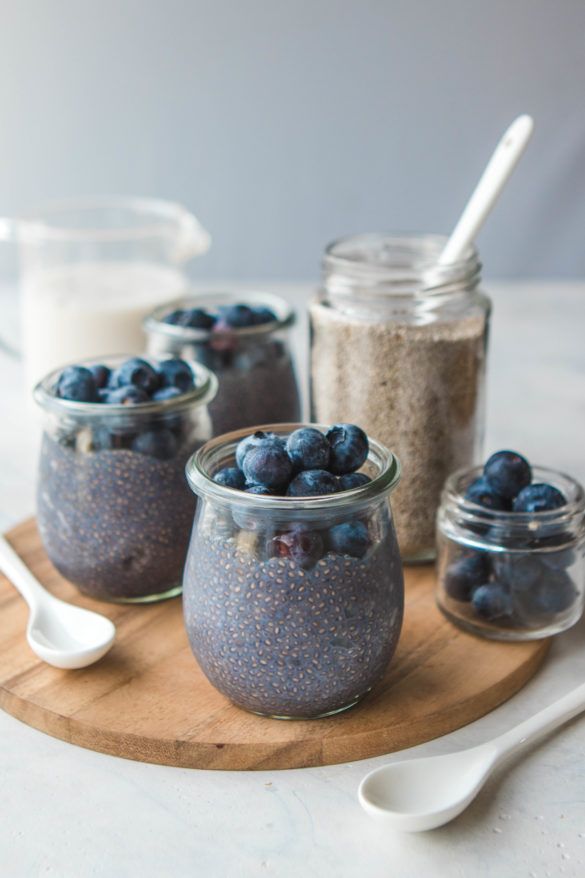
Contraindications for use
Experts recommend limiting the use of blueberries to people with impaired biliary tract and pancreatic diseases.
Blueberries in children's diet
For children, blueberries are useful in the treatment of chronic constipation, while it strengthens the intestines with diarrhea. Some pediatricians advise eating blueberries after three years, some allow from a year. It all depends on the individual characteristics of the child's body. For children prone to allergies, it is better to refrain from eating berries for up to three years. After the first dose, observe the child so as not to miss the manifestation of an allergy.
Preparation and consistency
When frozen, as well as when dried, blueberries do not lose their beneficial properties, therefore, they can be consumed in any form.
Read also: Learn the unusual properties of berries (video)
Blueberry Recipes for Children
Corn porridge with blueberries - from 1 year (in the absence of allergies)
Ingredients:
- Corn grits - 100 g
- Water - 1 glass
- Egg yolk - 1 pc.
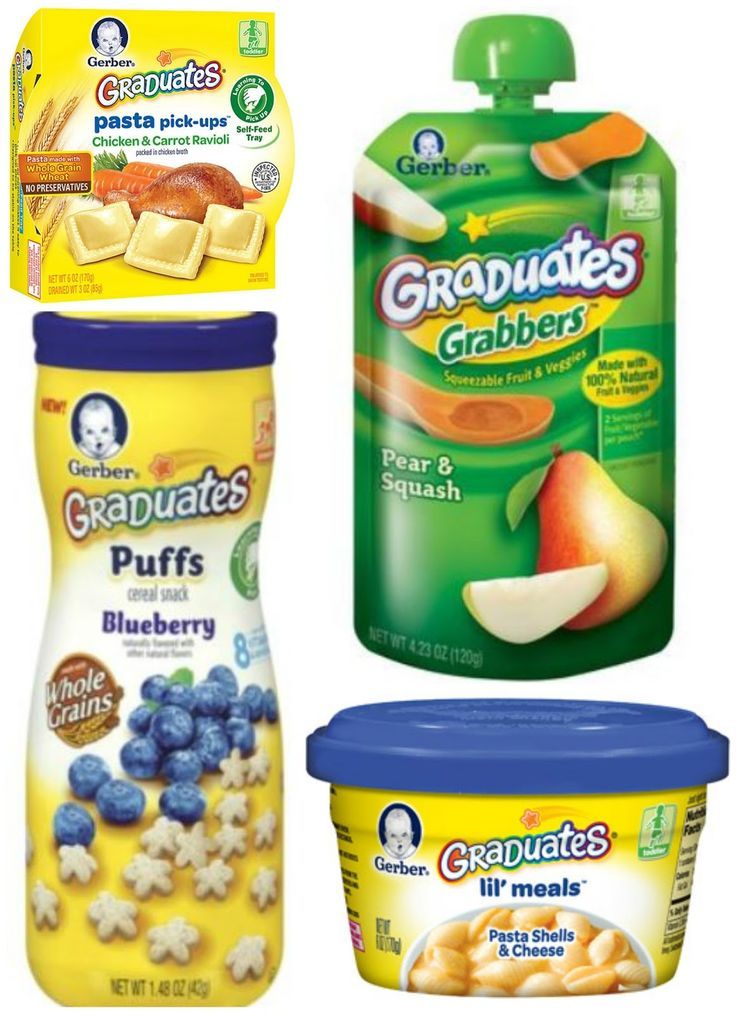
- Sugar - 1 tbsp. spoon
- Blueberries - 1 cup
Preparation:
We wash the corn grits, fill it with water and cook until tender. Add sugar and yolk, bring to a boil. Wash blueberries and rub through a sieve. Add the grated berries to the slightly cooled porridge, beat with a mixer until a fluffy mass is formed.
Blueberry soup with dumplings - from 3 years old
Ingredients:
- Blueberries - 120 g
- Sugar - 40 g
- Starch - 3 g
- Lemon - 1 pc.
- Citric acid - 0.3 g
For dumplings :
- Wheat flour - 30 g
- Milk - 15 g
- Sugar - 2 g
- Eggs - 0.5 pcs.
Preparation:
Dumplings: grind milk with egg yolk, add sugar and flour. Separate small pieces from the resulting dough and dip them into boiling water.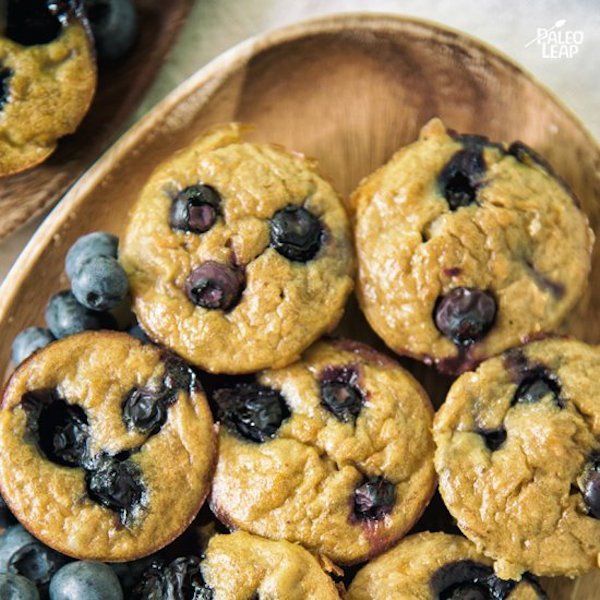

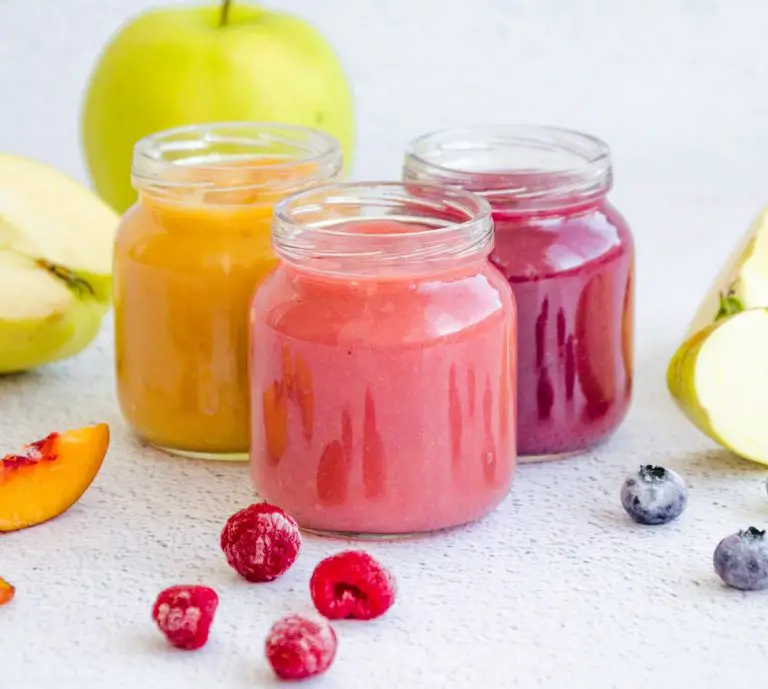 7 mg
7 mg 